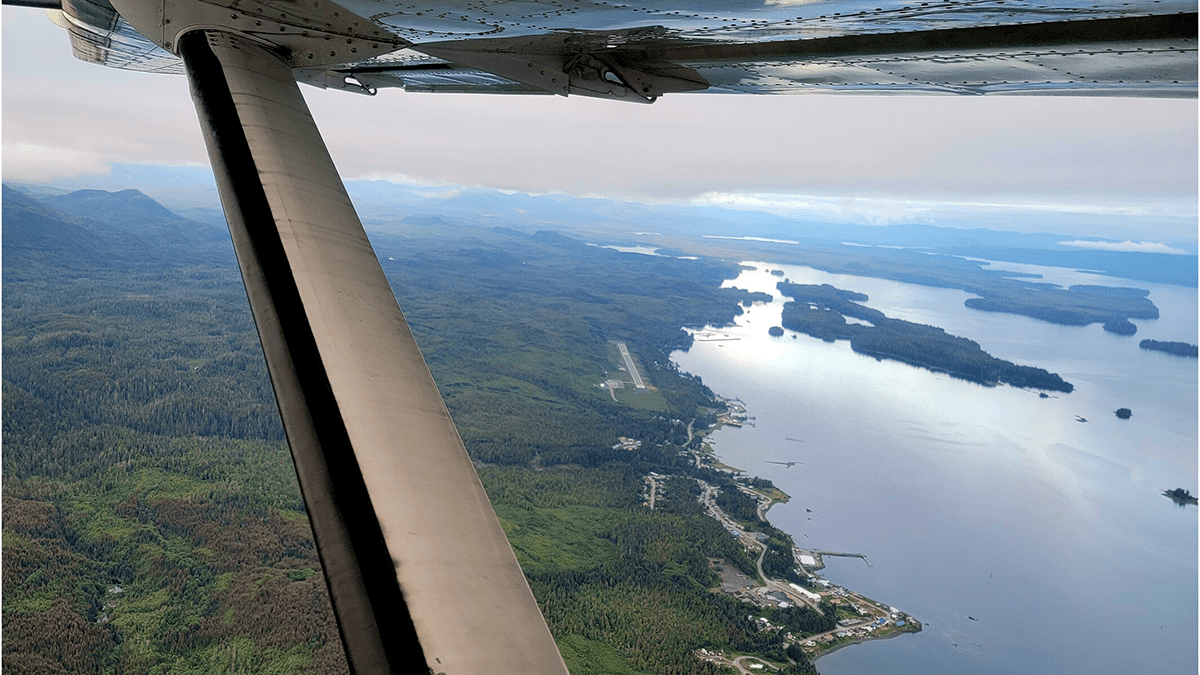
New research grounded in climate co-production with the Indigenous community of Kake in Alaska offers valuable guidance for conducting community-based science. Two recent studies shed light on strategies for building meaningful partnerships between scientists and local populations, especially Indigenous communities.
By emphasizing collaboration, mutual respect, and shared knowledge creation, the findings highlight the benefits of integrating scientific and traditional knowledge systems. The studies detail approaches that prioritize listening to community needs, adapting scientific practices to fit local contexts, and ensuring that research outcomes are useful to those most affected by climate change.
The work with the Kake community served as a model for fostering trust and co-learning between researchers and community members. The research emphasizes the importance of long-term relationships and the need for scientists to be responsive, transparent, and flexible in their engagements with communities.
These insights contribute to a broader understanding of how to design and implement community science projects that are equitable, inclusive, and impactful—principles that apply not only in Indigenous contexts but across diverse communities facing environmental challenges.
Source: https:// – Courtesy of the original publisher.






